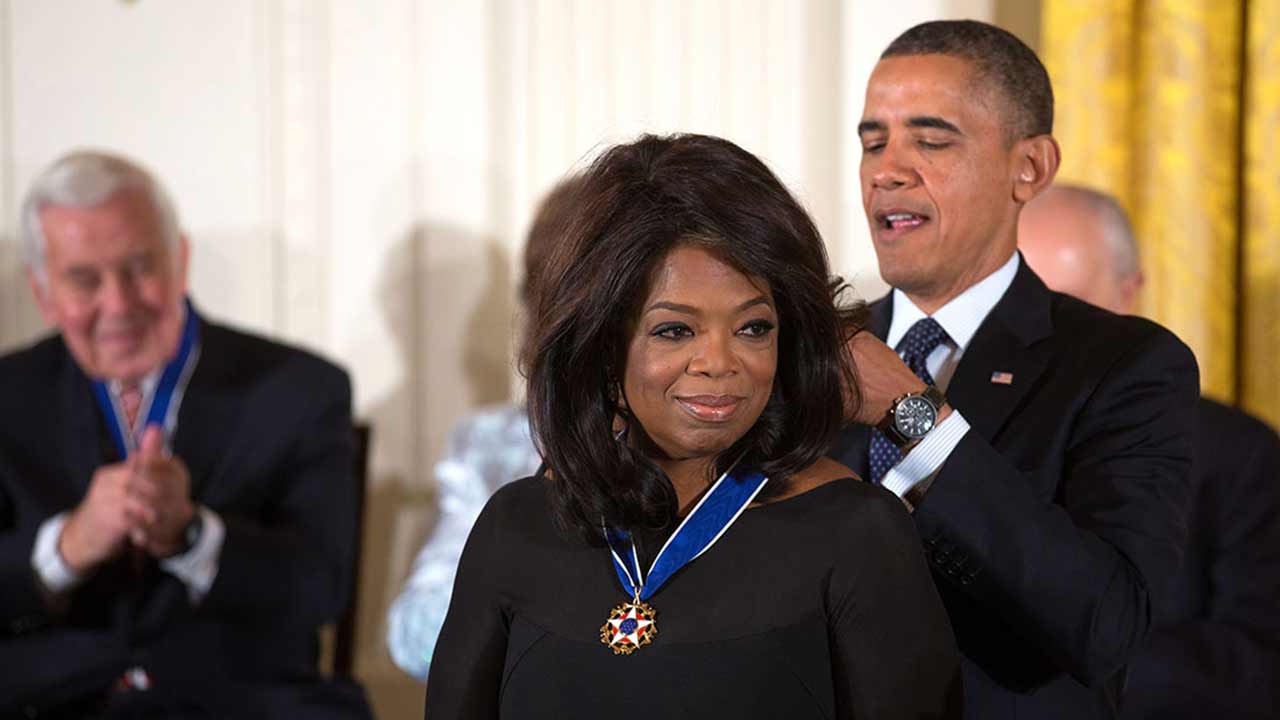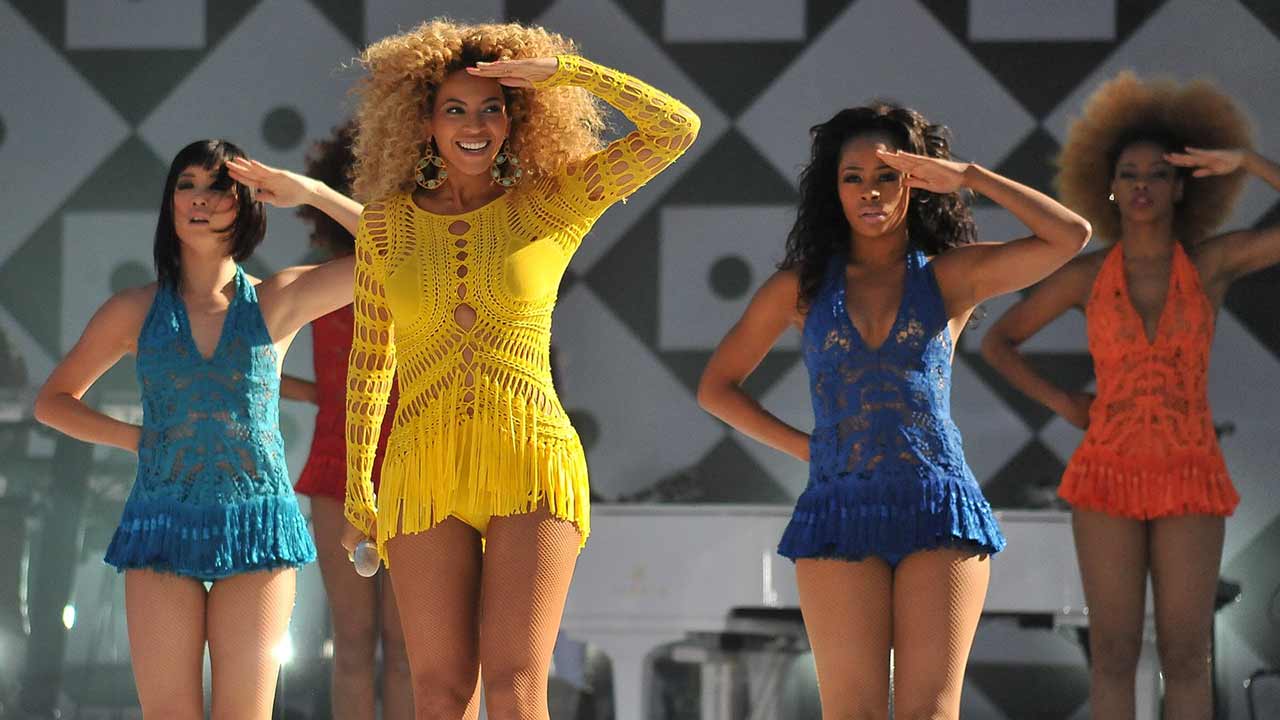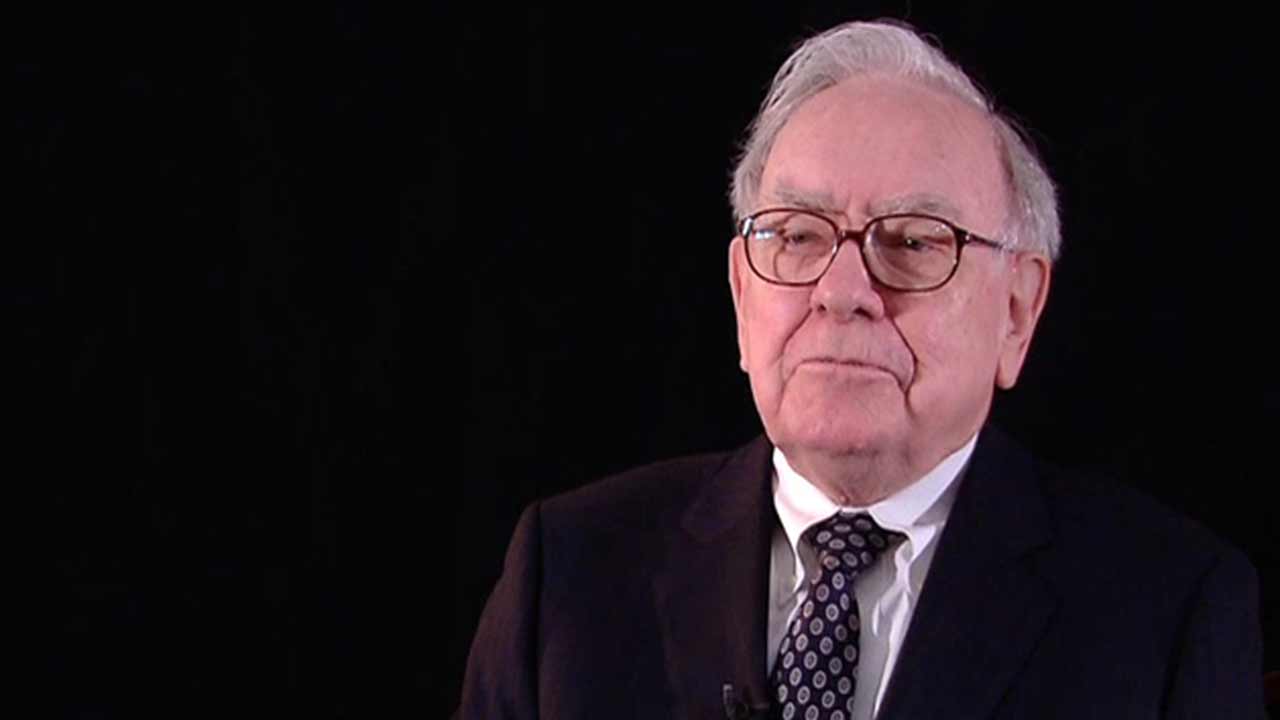Oprah Winfrey didn’t just become one of the most recognizable names in media—she became one of the most powerful. While others chased fame through partnerships and networks, she made a different play: ownership. Quietly, intentionally, and with almost surgical discipline, she built an empire without giving up the steering wheel.
The strategy wasn’t flashy. But it was effective. And it’s why Oprah still owns the brand, the platform, and the leverage—decades after her first big break.
She Negotiated Equity Early—When No One Else Was
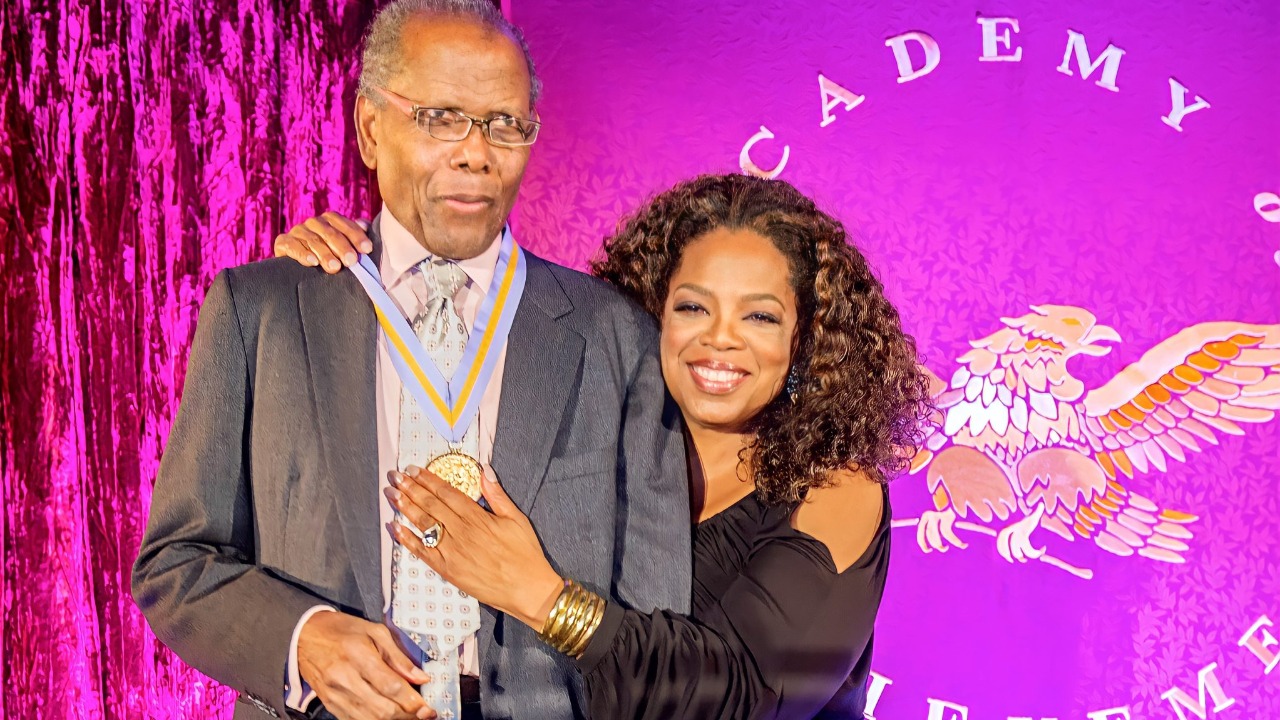
Back in the late 1980s, most talk show hosts were just that—hosts. They showed up, read the script, and collected a paycheck. Oprah flipped the model. When The Oprah Winfrey Show started gaining traction, she negotiated not just higher pay—but ownership of the show itself.
That decision gave her a stake in every syndication deal, every international sale, every rerun. It turned a TV job into an asset that would generate wealth long after the cameras stopped rolling.
She Created Her Own Production Company
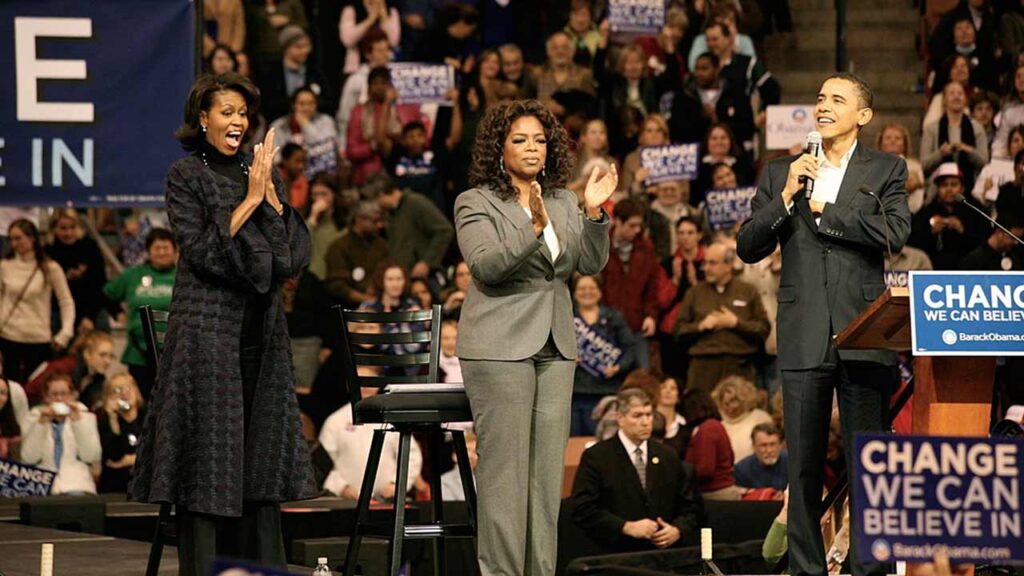
Oprah didn’t wait for a studio to greenlight her ideas. She launched Harpo Productions—and kept it private. That move gave her full control over content, budgets, and creative direction. It also meant she owned the IP for everything she produced, from interviews to spin-offs.
Harpo wasn’t just about pride of ownership. It was a financial firewall. By running her own operation, Oprah kept more of the upside and minimized dependency on outside decision-makers.
She Leveraged Partnerships Without Losing Leverage
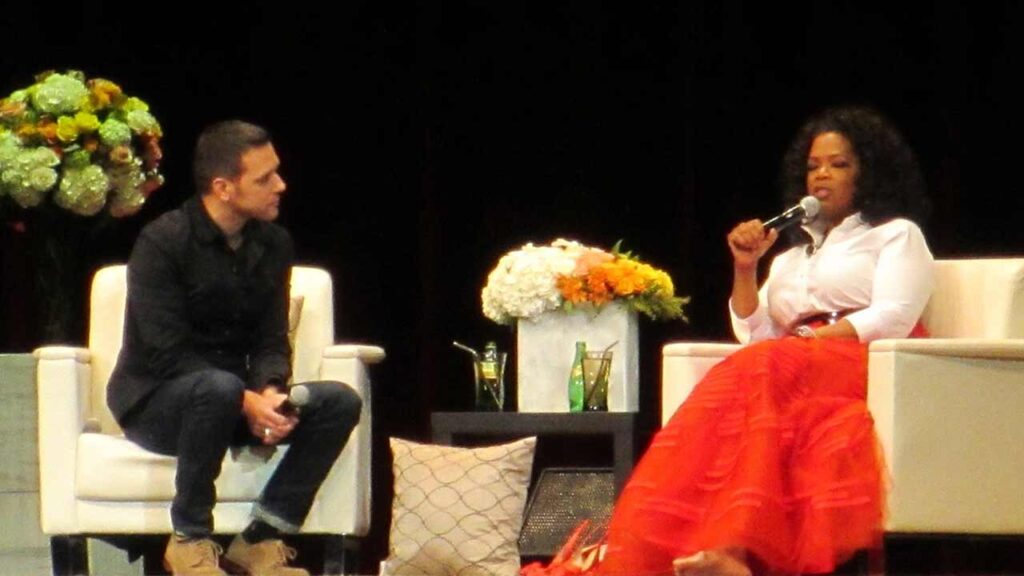
Over the years, Oprah has worked with big platforms—CBS, Discovery, Apple. But in almost every deal, she retained creative control and equity. Her OWN network was launched with Discovery as a partner, but she kept significant ownership and executive authority.
She understood something most creators miss: distribution is negotiable. Ownership is not. She let other people help amplify her voice—but never let them own the mic.
She Invested in Brands That Matched Her Vision
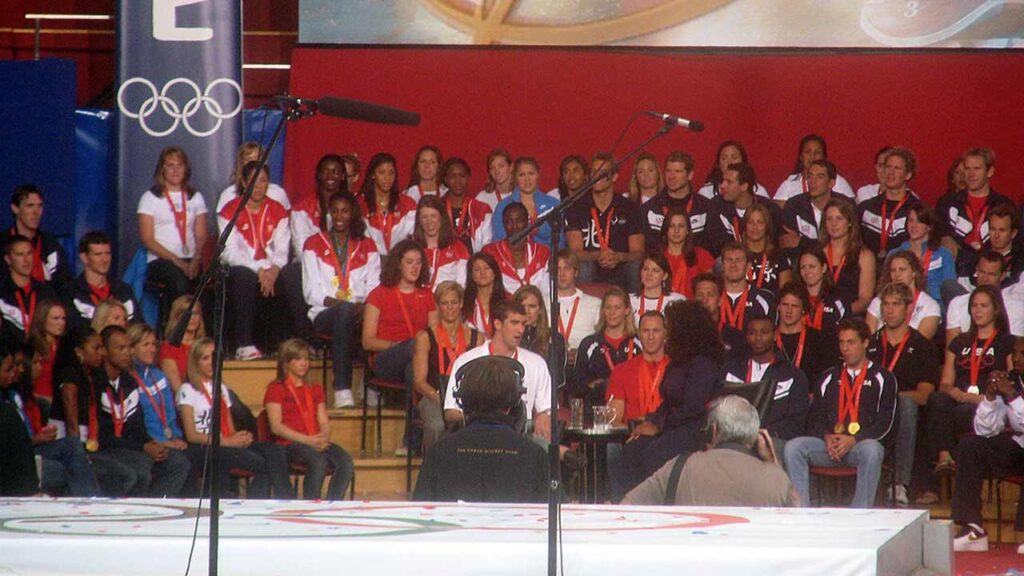
Oprah didn’t just build shows—she built trust. And she used that trust to launch book clubs, wellness brands, and product lines. From Weight Watchers to O, The Oprah Magazine, she put her name only on ventures she believed in—and structured the deals to reflect long-term involvement.
This wasn’t just licensing. It was strategic equity. She wasn’t cashing out early. She was playing the long game and protecting the brand she spent decades building.
She Knew When to Say No
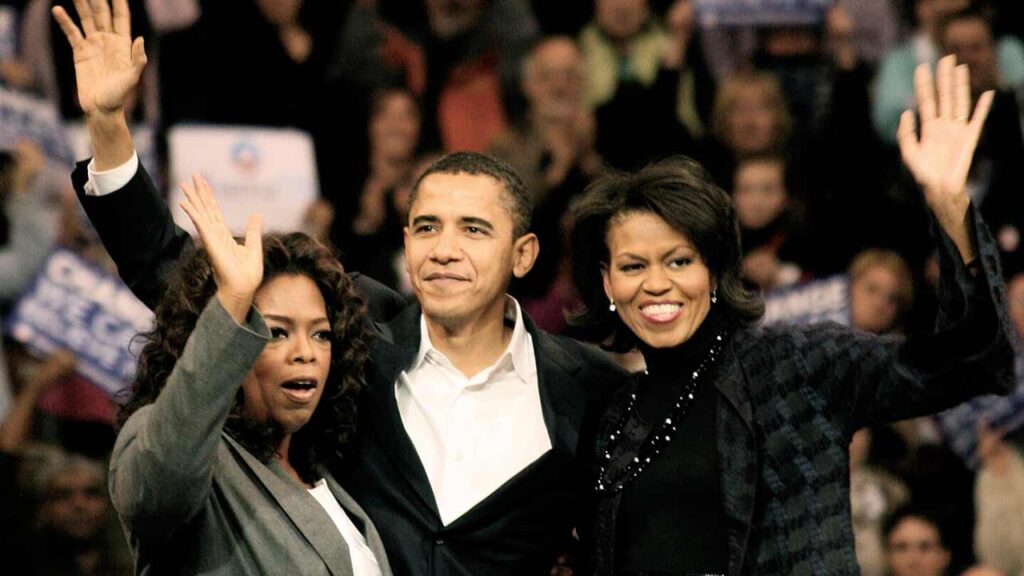
Control isn’t just about what you own—it’s about what you walk away from. Oprah turned down countless offers that would’ve diluted her brand or tied her to projects she didn’t believe in. She was never afraid to say no, even when the check was big.
That kind of discipline is rare. But it’s what kept her brand clean, consistent, and fully under her direction. No noise. No confusion. Just Oprah—on her terms.
Bottom Line: Control Scales Better Than Fame
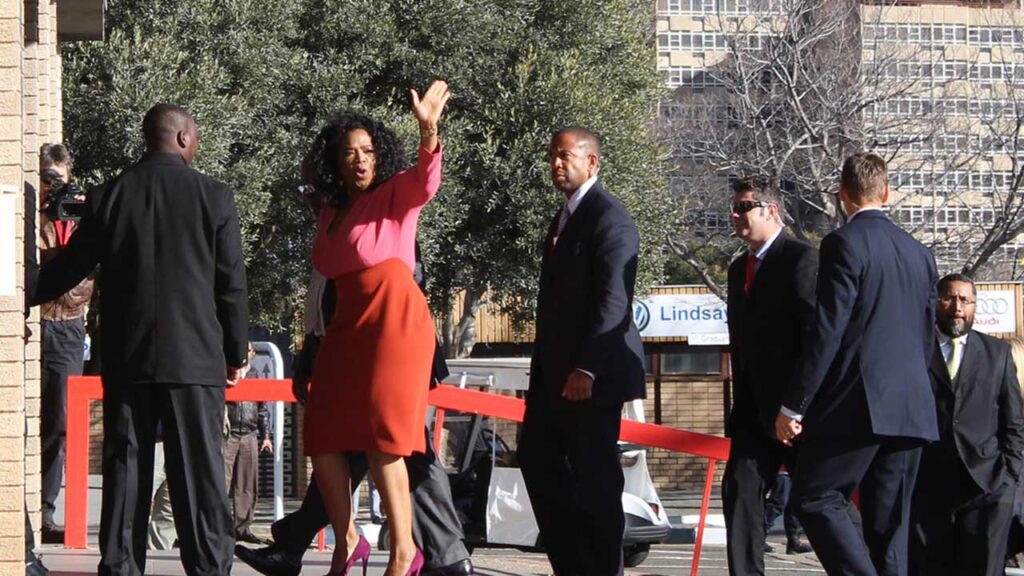
Oprah didn’t build her empire by trying to be everywhere. She built it by owning what mattered. Content, companies, brand equity—she protected it all. And that’s why she’s still in the driver’s seat while others fade into licensing deals and forgotten partnerships.
The lesson? Fame is loud. Ownership is quiet. But when the lights go off and the deals mature, control is what lasts.

Alexander Clark is a financial writer with a knack for breaking down complex market trends and economic shifts. As a contributor to The Daily Overview, he offers readers clear, insightful analysis on everything from market movements to personal finance strategies. With a keen eye for detail and a passion for keeping up with the fast-paced world of finance, Alexander strives to make financial news accessible and engaging for everyone.
